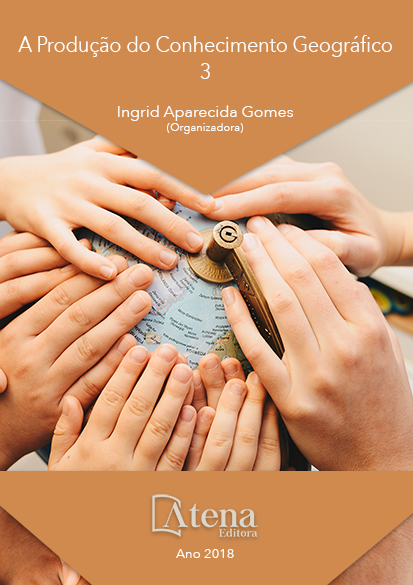
OS CAMINHOS DO PENSAMENTO GEOGRÁFICO: DA ANTIGUIDADE AO SÉCULO XXI.
A sistematização do conhecimento
geográfico é de fundamental importância
para estudantes de Geografia, entretanto,
desenvolvê-la não é tarefa fácil, uma vez que a
construção deste saber perpassa por inúmeros
espaços e as mais diferenciadas temporalidades.
Já na Grécia antiga, pós o domínio da escrita,
cabe a Heródoto, Estrabão e Ptolomeu a
organização de tais conhecimentos. Porém, é
apenas no século XIX, com o surgimento das
Escolas Alemã e Francesa que a Geografia
se institucionaliza, passando a ter papel
central no Estado e Sociedade. No Brasil, a
institucionalização ocorre pós década de 1930,
quando são criados o curso de Geografia da
Universidade de São Paulo (USP) e o Instituto
Brasileiro de Geografia e Estatística. Neste
sentido, diversas correntes, pesquisadores e
estudiosos contribuíram para a “evolução” desta
forma de reflexão até a chegada das primeiras
décadas do século XXI.
OS CAMINHOS DO PENSAMENTO GEOGRÁFICO: DA ANTIGUIDADE AO SÉCULO XXI.
-
DOI: Atena
-
Palavras-chave: Caminhos, Pensamento, Geografia.
-
Keywords: Ways, Thought, Geography
-
Abstract:
The systematization of geographic
knowledge is fundamentally important for
geography students, however, develop it isn’t
an easy task because the construction of
this knowledge permeates numerous spaces
and more different time frames. Already in
ancient Greece, after the mastery of writing,
it is up to Herodotus, Strabo and Ptolemy the
organization of such knowledge. However,
it is only in the nineteenth century with the
rise of German and French schools that
geography is institutionalized, starting to have
central role in state and society. In Brazil, the
institutionalization occurs after the 1930s, when
the course of Geography of the University of
São Paulo (USP) and the Brazilian Institute of
Geography and Statistics. In this regard, various
currents, researchers and scholars contributed
to the “evolution” of this form of reflection until
the arrival of the first decades of the twenty-first
century.
-
Número de páginas: 15
- João Henrique Santana Stacciarini
- Laira Cristina da Silva


